But wait, you say, I didn’t mention the Demon Hunter in the previous article? No, I didn’t. And the reason for that is that the Demon Hunter stands in a position that it only shares with Prodigy-passive Wizards- the position of being both a resource generator and a resource regenerator. While the Demon Hunter’s little Discipline pool only regenerates, the Demon Hunter Primary skills are all set to generate Hatred, which regenerates anyways (also, there’s one skill in Devices that generates Hatred too, which makes it a perfectly acceptable substitute for having a Primary skill). This is mostly because the Demon Hunter consumes Hatred like piranha do bloody meat- messily, dangerously, and far too quickly.
During the course of a fight, most resource regenerators will probably empty out most of their pool early on and then keep up a low level of activity for the rest of the fight, spending their resource as they generate it. Most resource generators will start out a fight relatively low key and then build momentum until they reach a certain rate of resource consumption and then maintain that for as long as there are more things to beat on. The Demon Hunter stands in a strange middle ground where their activity level can vary wildly and so can their rate of resource use. This is actually a very sensible way for the Demon Hunter to operate for one very good reason.
All the other classes are about damage, and the Demon Hunter is about controlling the battlefield. Even a control-oriented Wizard or Witch Doctor or an enemy-shuffling Monk or Barbarian isn’t going to have as much of an effect on where enemies go and when they go there as the Demon Hunter does. While the Demon Hunter does deal appreciable damage, it’s largely in the form of small amounts all over the place tied to control effects. Moving itself, stopping enemies, pausing to lure enemies into particular locations, keeping enemies from leaving where you or your allies have dragged them to, the Demon Hunter cares more about their control effects than everyone except possibly a long-range Wizard and even then it’s iffy. And you don’t want to blow all your control on the first five seconds of a battle any more than you want to save everything for the last two enemies- instead, your goal as a Demon Hunter is to maintain a steady level of battlefield manipulation and make sure that doesn’t exceed whatever your combination of regeneration and generation is.
This means Elective Mode is especially useful to the Demon Hunter, who can examine how they use their resource and make their decisions based on that, rather than on which skills they use. A Demon Hunter who never finds themself blowing all their Hatred quickly, or who simply doesn’t ever run dry to begin with can skip their Hatred-generating skills entirely without hurting themself at all, because they still regenerate the resource.
The Wizard has the Prodigy passive skill, as well, which can turn them into a Generator/Regenerator also. This makes the Wizard the only class in a similar situation- but where the Witch Hunter is more concerned with their control effects, the Wizard remains primarily damage. Proper use of Primary skills with Prodigy can, however, let the Wizard forego the alpha strike option for a fairly impressive level of sustained damage, with the right skill selection to back it up- one that’s easier to achieve through Elective Mode than any other method.


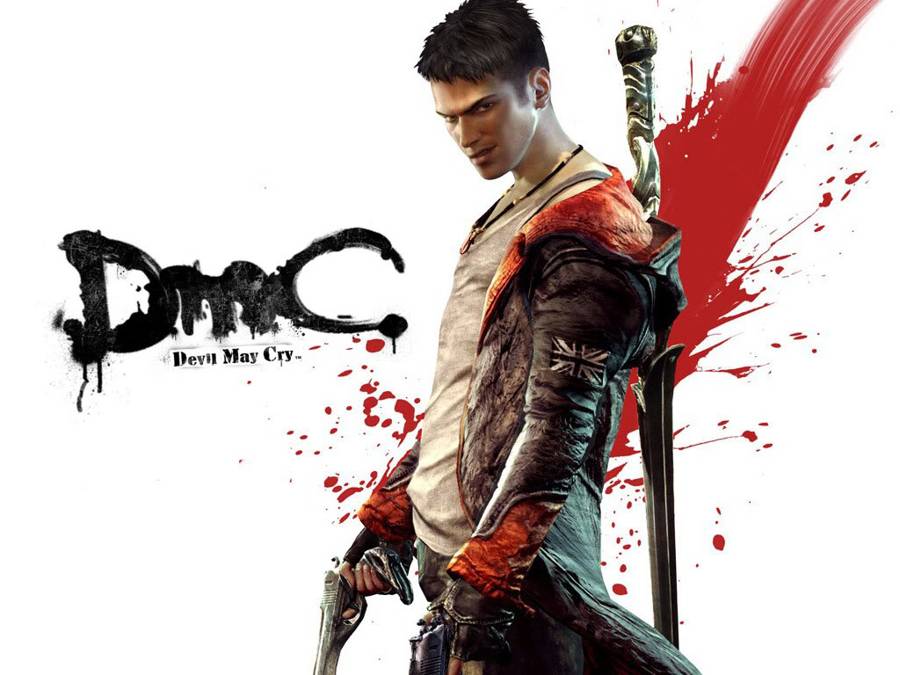
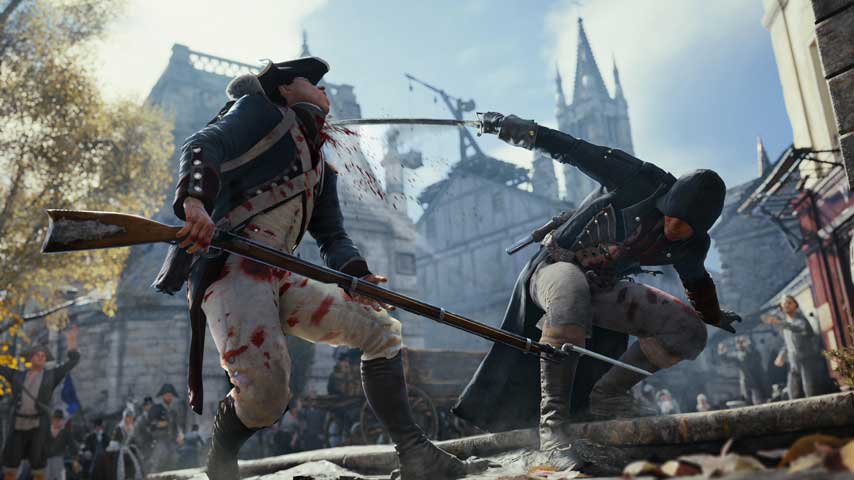

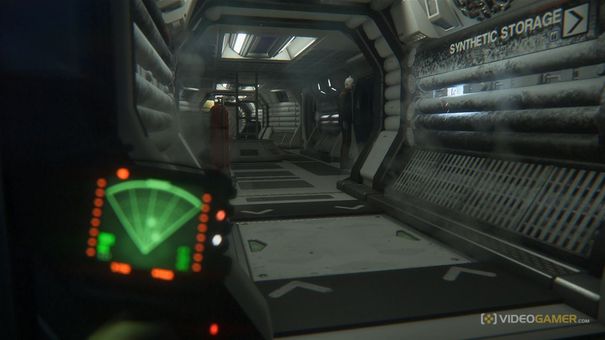
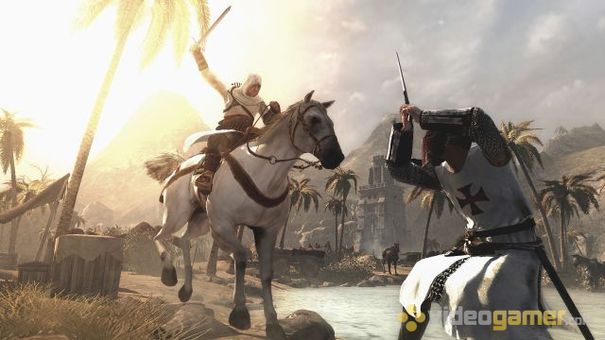 Assassins Creed III: The problem with Desmond
Assassins Creed III: The problem with Desmond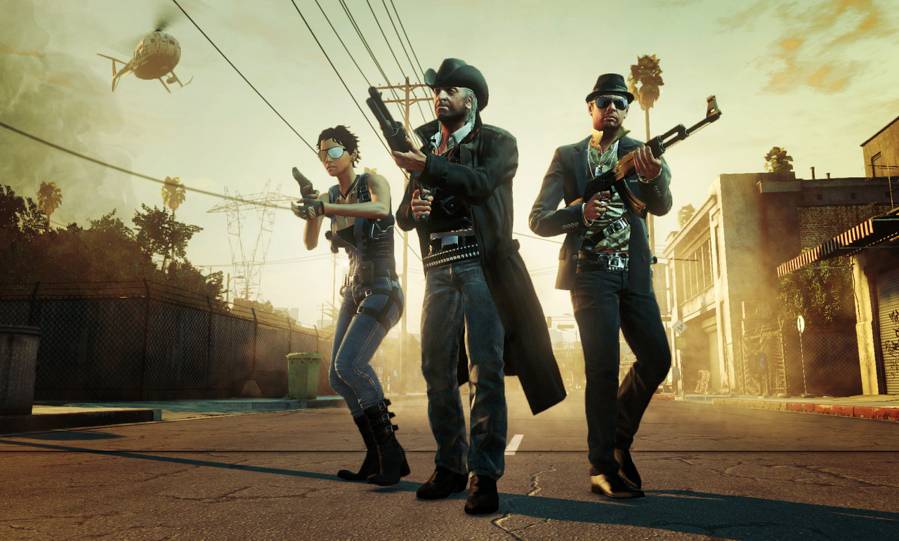 Call Of Juarez The Cartel Special Item Location Chapter 8
Call Of Juarez The Cartel Special Item Location Chapter 8 What Pandaren really mean to World of Warcraft
What Pandaren really mean to World of Warcraft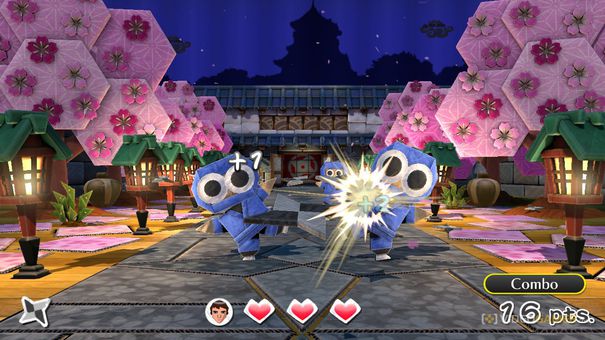 Wii Us Most Promising Launch Games
Wii Us Most Promising Launch Games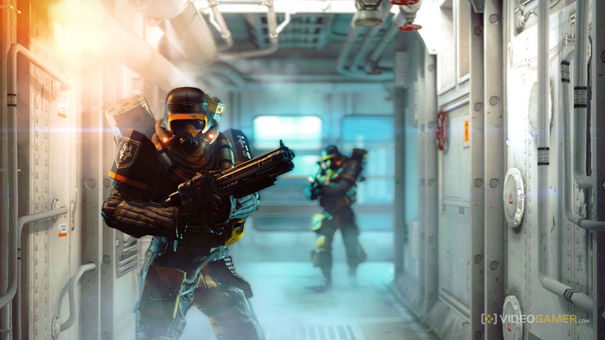 . Plays, 7th March 2015
. Plays, 7th March 2015